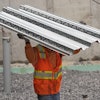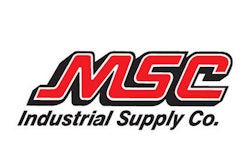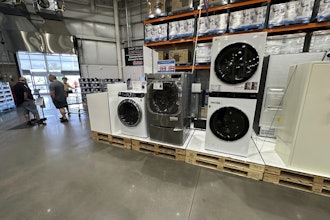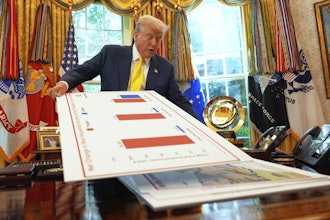Boston, MA - Paper or plastic? For Emerson Bearing, the answer is both as the company recently launched a new division to supply bearings and related products to the plastics industry (the company had previously launched a paper converting, pulp and printing division last year).
“In the film The Graduate, one of Benjamin Braddock’s father’s friends advised him to get into plastics, that there was a great future there. Based on the research we’ve done, we couldn’t agree more and we’re extremely excited about expanding our efforts in this area,” said Steve Katz, president of Emerson Bearing, Inc.
Katz notes the plastic industry is dominated by two major categories: extruders and injection molding machines. Both areas depend greatly on the reliability and durability of its bearings.
In an extruder, the processed plastic is pressed thru a nozzle into a profiled die. The extruder gearbox is subject to high torques as well as high radial and axial loads. This places major importance on the monitoring of bearings and replacement in a timely fashion.
Injection molding machines are used for the production of parts in large quantities. The screw feed and the linear bearings must be insensitive to heat and vibration and have high basic static and dynamic load ratings. Again, regular monitoring, maintenance and replacement of bearings are critical to keeping production schedules.
“We’ve had great results with some existing clients in the plastics industry. With this new division, with dedicated marketing and customer service staff for this industry, we will be better equipped to serve current clients and attract new plastics industry clients,” said Katz.
To date, Emerson Bearing has worked several plastic manufacturers. That includes a company in North Carolina that produces plastic wine corks, a manufacturer that produce plastic bags (including bio degradable plastic bags), and a manufacturer that produces plastic strapping.
“The interesting thing about plastics is the industry itself is a very strong indicator of how the economy is doing,” said Katz. “During the recession in 2008, the plastic strapping company was only operating seven of its 12 production lines two shifts per day. Right now, they are back to three shifts, 24/7. Maybe The Graduate was on to something.”






















